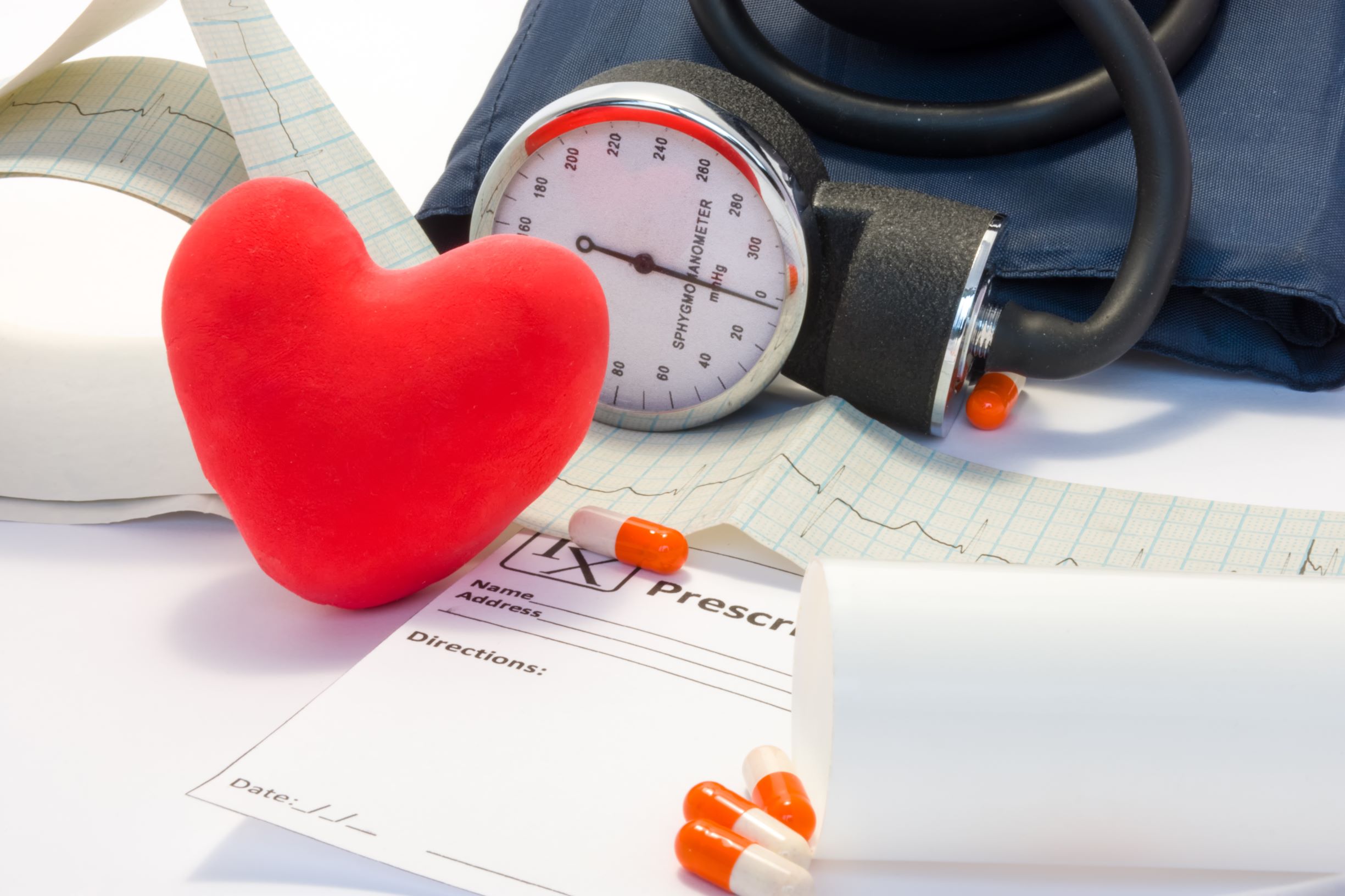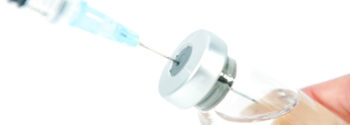Erectile dysfunction is commonly regarded as a quality-of-life disorder that needs treatment. Currently, it approximately affects as many as 30 million American men5. It has become conclusive that Erectile Dysfunction is caused not only by psychological disorders, but primarily due to the underlying physical conditions which impact the regular blood flow and neural functioning. One […]
Boston Medical Group Telemedicine, via our Telemedicine platform, is now able to service patients in all 50 states and remains the same trusted brand for over 20 years helping men improve their sex life.


